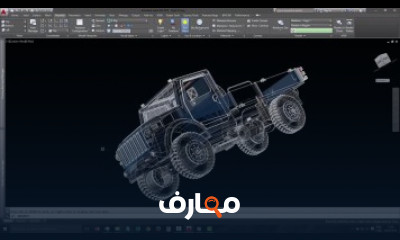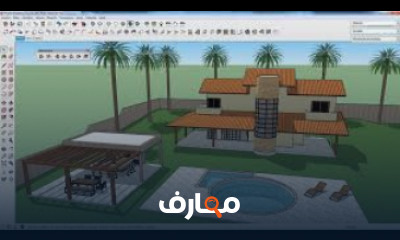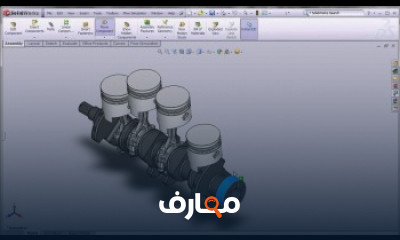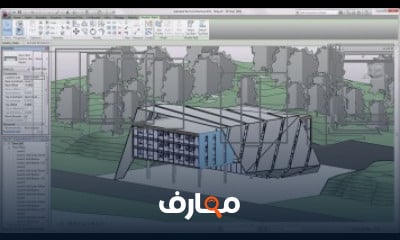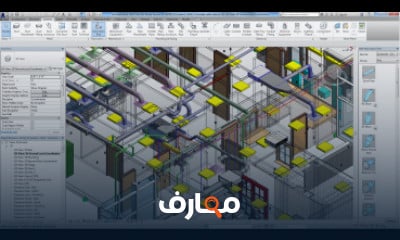شرح Laplace Transforms for Solving Differential Equations | [معتمد]
دورة Dynamic Systems workshops
شارك الآن استفساراتك مع اعضاء دورة Dynamic Systems workshops اضغط هنا
سجل الآن
قائمة الدروس | 97 درس
مشاهدة المزيد من الدروس
التعليقات
دورات ذات صلة
كورس اون لاين مجانا لتعلم Dynamic Systems workshops What is meant by dynamic system?
A dynamic system is a system or process in which motion occurs, or includes active forces, as opposed to static conditions with no motion. Dynamic systems by their very nature are constantly moving or must change states to be useful.What are three examples of dynamic systems?
Examples of dynamical systems include population growth, a swinging pendulum, the motions of celestial bodies, and the behavior of “rational” individuals playing a negotiation game, to name a few. The first three examples sound legitimate, as those are systems that typically appear in physics textbooks.What is an example of dynamic systems theory?
To cite a few examples, dynamic systems theory has been used to capture transitions in movement coordination in humans and animals, such as fingers coordination (Schӧner and Kelso 1988), gait transitions from walk to run in humans (Diedrich and Warren 1995), or trot to gallop in quadrupeds (Vilensky et al. 1991).What is the dynamic systems theory in psychology?
Dynamic Systems Theory (DST) is a theory of motor development that can be applied to the management of children with Cerebral Palsy (CP; Darrah & Bartlett, 1995). ... This theory proposes that movement is produced from the interaction of multiple sub-systems within the person, task and environment (Thelen, 1989).






























































